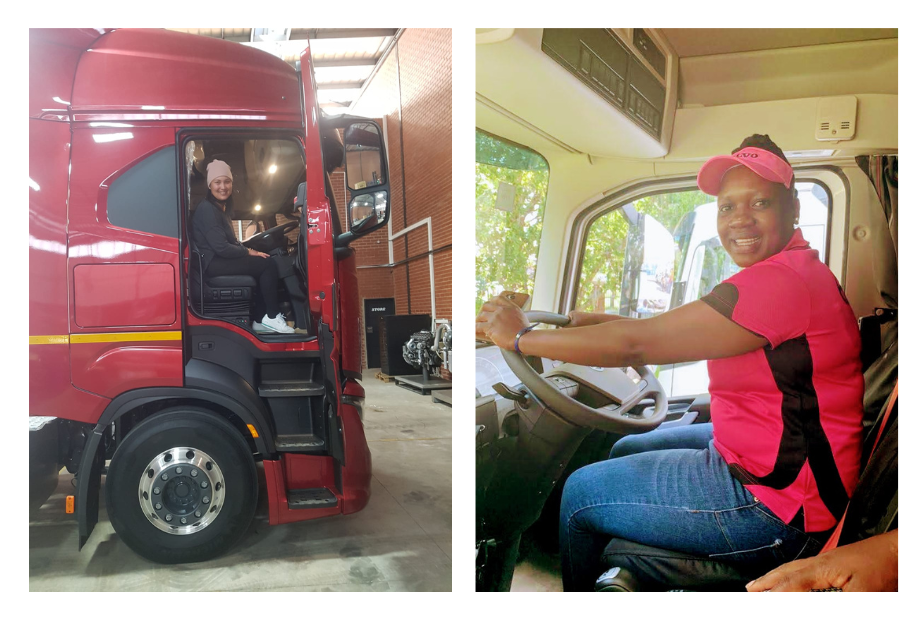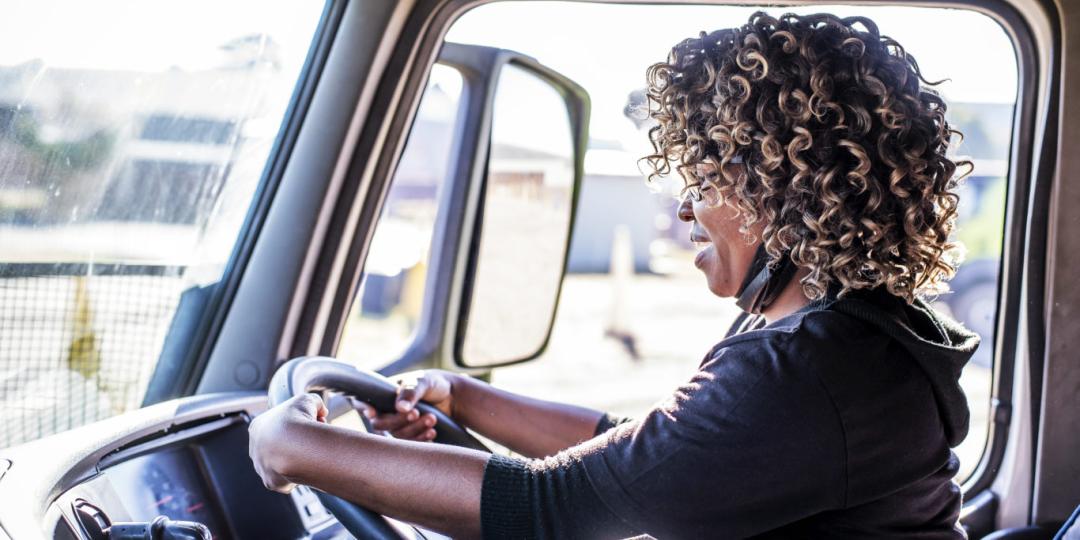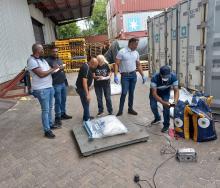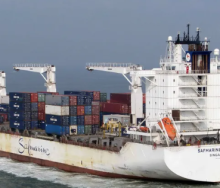Women are increasingly stepping up their representation in the male-dominated transportation industry, particularly in road freight.
This is largely thanks to an initiative championed by the Commercial Transport Academy, Women Inspiring Women in Transport (WIWIT), which hosts multiple programmes to equip women with the education, skills and licensing to participate in freight industries.
WIWIT comprises three programmes, run over a year. Iron Women provides skills and information for women aspiring to be truck drivers but who do not have the financial means.
Women are statistically better drivers, however, training and certification for a Code 14 licence can cost more than R18 000, which is often considered unaffordable.
The South African road freight industry reports a shortage of quality truck drivers as it loses about 3 000 drivers per year due to lack of training and certification, disciplinary problems, and the impact of HIV/AIDS on male drivers. According to the Road Freight Association, it requires about 15 000 new drivers every year to fill these vacancies.
Many women take up positions in the freight industry in order to provide for themselves and their families; however, there is also a drive among women to make industries that were previously stereotypically masculine, places and professions of gender neutrality and equality.

In interviews with two women who participated in WIWIT’s Iron Women, they said they wanted to do something in a male-dominated field. “I wanted to break the stereotype,” said Pfarelo Thavhiwa.
Chanaz Judas said that she felt empowered driving a vehicle largely driven by men. “When they see you, they are surprised, but they celebrate with you. There’s basically nothing stopping you. It’s just you, the vehicle and the road!”
However, men in the trucking industry are often initially reluctant about having women colleagues.
Thavhiwa laughs as she recalls the initial reactions. One driver said to us: “Why are you here guys, this is for men. You guys are meant to be staying at home looking after your kids! Where’s your husband?”
Although some trucking companies book accommodation for their drivers for shorter overnight trips, industries also need to address the matter of providing more safe facilities along highways for women truck drivers, as currently most cater to men.
“Some truck stops (they) don’t have facilities for women. You have to ask someone that you trust, maybe a security guard, to stand at the door for you… You bathe very fast and then you get out,” says Thavhiwa, “It was tough but then, but now many facilities do have showers for women.”
Overall, there have been improvements in the road freight industry regarding the way women are being treated. Initiatives such as WIWIT are providing women with the resources, skills and networks to progress their careers in freight industries, and businesses are seeing the benefits of accommodating women employees.
Both women aspire to eventually own their own trucks, possibly even a fleet, and highly recommend their profession to other women.













